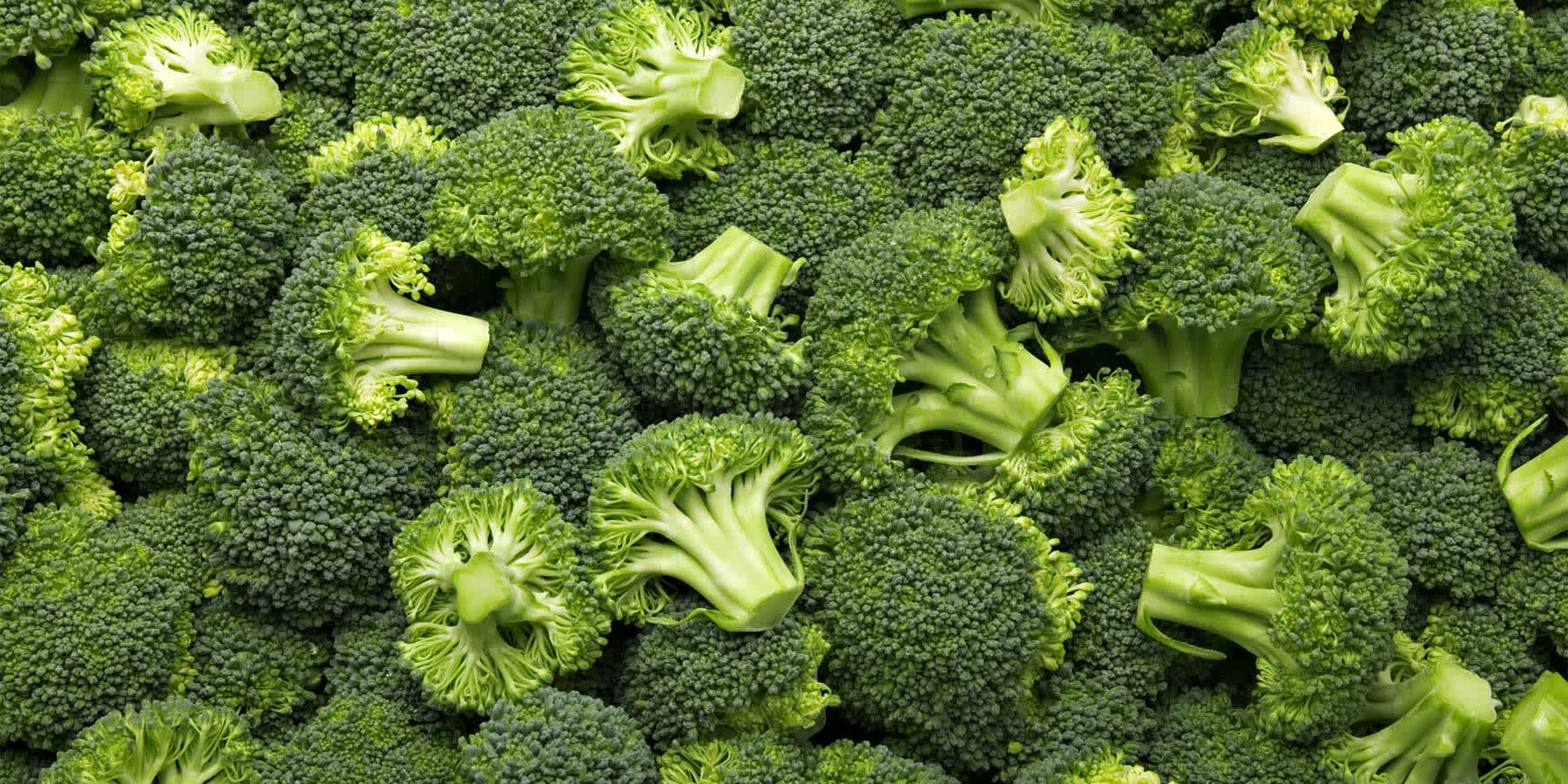
What Foods Are Good for Prostate Health?
Medically reviewed on June 27, 2022 by Jordan Stachel, M.S., RDN, CPT. To give you technically accurate, evidence-based information, content published on the Everlywell blog is reviewed by credentialed professionals with expertise in medical and bioscience fields.
Table of contents
The prostate gland plays an essential role in fertility. It produces some of the fluid that makes up semen, which nourishes and transports sperm cells. Keeping the prostate healthy helps support well-being and reduce the risk of potential problems, like an enlarged prostate, benign prostatic hyperplasia, or prostate cancer. Eating the right foods may help to maintain the prostate gland and support its overall function. Read on to learn how you can improve prostate health with the foods below.
Fish
Fish is an excellent source of protein, but they are an even better source of omega-3 fatty acids. These essential fats are known for reducing inflammation, which can contribute to health problems throughout the body, including for the prostate. Some studies suggest that eating more omega-3 fatty acids can lower the risk of high-grade prostate cancer, though more research on human subjects is necessary [1].
Consider fatty fish from cold waters, including:
- Salmon
- Sardines
- Mackerel
- Trout [2]
Tomatoes
The main star of tomatoes is lycopene. Found primarily in the cell walls of tomatoes, lycopene is a type of organic pigment that gives tomatoes their characteristic red hue. Lycopene also happens to be a powerful antioxidant that can prevent oxidative damage to cells in the human body. Studies suggest that high tomato consumption is linked to reduced risk of developing prostate cancer [3].
Experts also recommend that cooked tomatoes are better than raw. Cooking loosens some of the bonds between lycopene and the cell walls of the tomato, allowing for easier absorption and transport to the prostate. Along with cooked tomatoes, consider consuming tomatoes in the form of juice, sauce, and paste [2].
Green Tea
Green tea has been touted for its potential health benefits for centuries. Green tea is known to be a rich source of antioxidants, particularly the catechins EGCG and epicatechin. These compounds are believed to be anti-carcinogenic, and they may help combat cell mutations that may contribute to prostate cells turning cancerous [2].
Cruciferous Vegetables
Cruciferous vegetables refer to a family of veggies that includes:
- Broccoli
- Cauliflower
- Cabbage
- Kale
- Bok choy
- Brussels sprouts
As you can imagine, each cruciferous vegetable is high in lots of micronutrients, vitamins, and minerals the body needs. They are packed with essential vitamins and nutrients, high in phytochemicals, and offer a rich source of antioxidants. They are also an excellent source of fiber. Broccoli is considered one of the main foods for supporting prostate health thanks to the compound glucoraphanin, which may help to prevent prostate cancer cell growth [2].
Berries
Blueberries, blackberries, strawberries, and other berries offer a rich helping of essential vitamins and minerals. They are also high in antioxidants, particularly anthocyanins. Antioxidants may help to reduce oxidative damage to cells and DNA [2].
Conclusion
Food plays an integral role in overall health, but there is no singular food or diet plan that will necessarily prevent or cure prostate issues. Most experts simply recommend a generally healthy diet that is rich in fruits and vegetables and low in processed foods and/or added sugars.
It’s important that you learn how to check prostate health. You can get your prostate checked regularly by your healthcare provider. Learn more about what is a prostate-specific antigen test and how a prostate-specific antigen test is done to understand why it's beneficial. Prostate cancer screening and other prostate tests check the health of your prostate, which may be the best options for cancer prevention.
Related content
What Is A Prostate-Specific Antigen?
How to Improve Prostate Health: Here's What to Know
How to Check Prostate Health: A Comprehensive Guide
How Is Prostate-Specific Antigen Test Done?
Men and Aging: Your Guide to Maintaining Health and Wellness
References
1. Aucoin, Monique et al. “Fish-Derived Omega-3 Fatty Acids and Prostate Cancer: A Systematic Review.” Integrative cancer therapies vol. 16,1 (2017): 32-62. URL. Accessed June 27, 2022.
2. Five Foods to Protect your Prostate. Prostate Cancer Foundation. URL. Accessed June 27, 2022.
3. Chen, Jinyao et al. “Lycopene/tomato consumption and the risk of prostate cancer: a systematic review and meta-analysis of prospective studies.” Journal of nutritional science and vitaminology vol. 59,3 (2013): 213-23. URL. Accessed June 27, 2022.